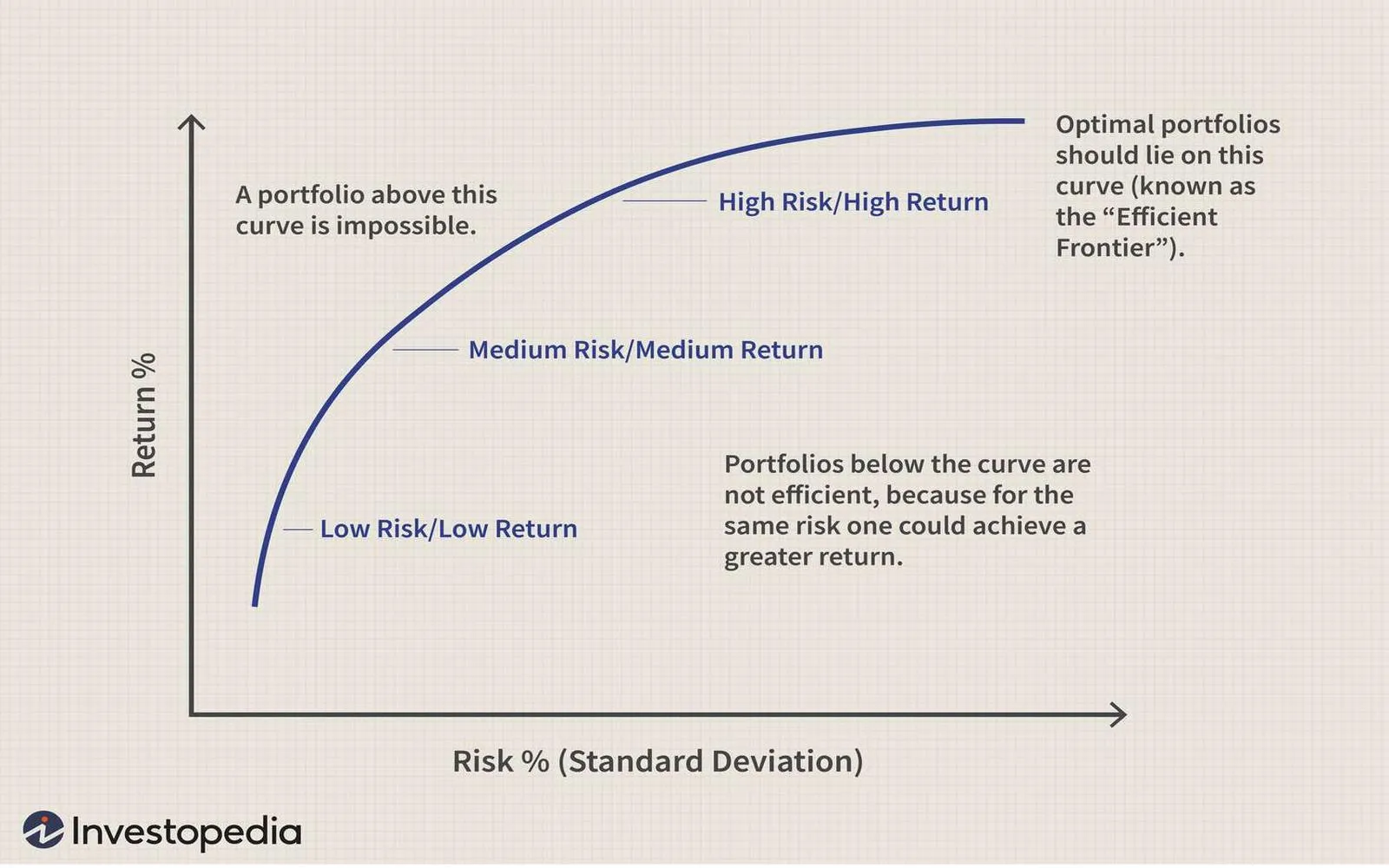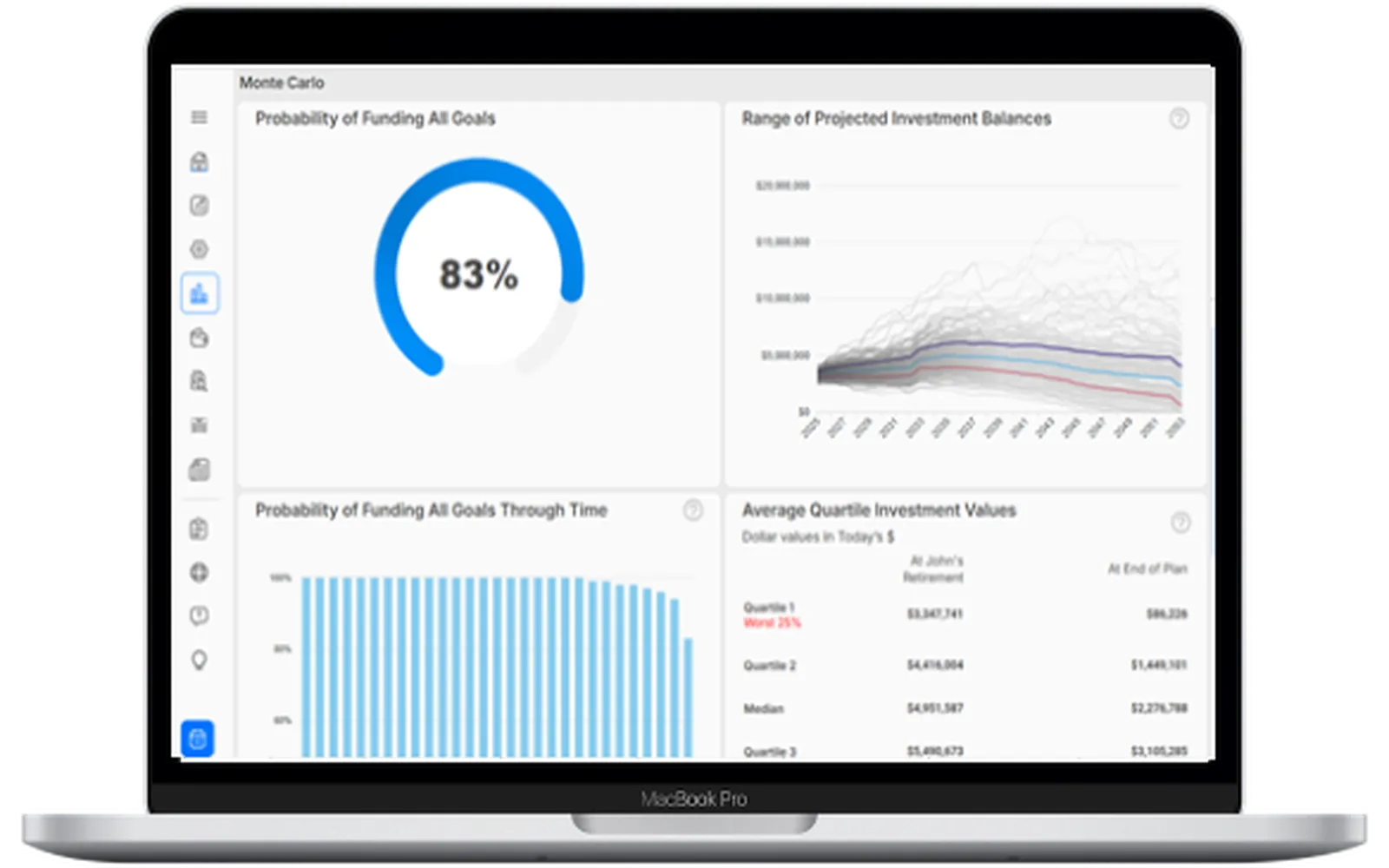Diabetes is a chronic condition that affects millions of people worldwide. Understanding diabetes is crucial for effective management and prevention. This article will provide key insights on the causes, symptoms, management, and types of diabetes.
What is Diabetes?
Diabetes is a metabolic disorder characterized by high blood sugar (glucose) levels. This condition occurs either due to the body’s inability to produce enough insulin or because the cells do not respond effectively to insulin. Insulin is a hormone that regulates blood sugar levels, making it essential for maintaining overall health.
Types of Diabetes
There are primarily three types of diabetes: Type 1 diabetes, Type 2 diabetes, and Gestational diabetes. Each type has distinct causes and management strategies.
Type 1 Diabetes
Type 1 diabetes is an autoimmune condition where the immune system attacks insulin-producing beta cells in the pancreas. This type usually develops in children and young adults, but it can occur at any age. People with Type 1 diabetes require lifelong insulin therapy to manage their blood sugar levels.
Type 2 Diabetes
Type 2 diabetes is the most common form of diabetes, accounting for approximately 90-95% of all diabetes cases. It typically develops in adults, although it is increasingly being diagnosed in children and adolescents. In Type 2 diabetes, the body becomes resistant to insulin, and as a result, blood sugar levels rise. Lifestyle factors such as obesity and sedentary behavior significantly contribute to the development of this type of diabetes.
Gestational Diabetes
Gestational diabetes occurs during pregnancy when the body cannot produce enough insulin to meet the increased demands. This condition usually resolves after childbirth, but it can increase the risk of developing Type 2 diabetes later in life for both the mother and the child.
Causes of Diabetes
The causes of diabetes vary depending on the type. Here’s a brief overview:
- Type 1 Diabetes: The exact cause is unknown, but genetic factors and autoimmune responses are believed to play a role.
- Type 2 Diabetes: Factors include genetics, obesity, physical inactivity, poor diet, and age.
- Gestational Diabetes: Hormonal changes during pregnancy and genetic predisposition can increase the risk.
Symptoms of Diabetes
Recognizing the symptoms of diabetes is essential for early diagnosis and management. Common symptoms include:
- Increased thirst and frequent urination.
- Extreme hunger.
- Unexplained weight loss.
- Fatigue.
- Blurred vision.
- Slow-healing sores or frequent infections.
If you experience any of these symptoms, it is crucial to consult a healthcare professional for evaluation and possible testing.
Management of Diabetes
Effective management of diabetes involves a combination of lifestyle changes, medication, and regular monitoring. Here are key components of diabetes management:
Healthy Eating
A balanced diet is vital for managing blood sugar levels. Focus on consuming whole grains, lean proteins, healthy fats, fruits, and vegetables. It’s essential to monitor carbohydrate intake, as it directly affects blood sugar levels.
Physical Activity
Regular physical activity helps improve insulin sensitivity and lower blood sugar levels. Aim for at least 150 minutes of moderate-intensity aerobic exercise each week, along with strength training exercises twice a week.
Medication
Depending on the type and severity of diabetes, medication may be necessary. For Type 1 diabetes, insulin therapy is essential. For Type 2 diabetes, oral medications or insulin therapy may be prescribed, alongside lifestyle modifications.
Blood Sugar Monitoring
Regular monitoring of blood sugar levels is critical for effective diabetes management. This helps in understanding how food, activity, and medication affect blood sugar levels, allowing for adjustments as needed.
Prevention of Type 2 Diabetes
Preventing Type 2 diabetes is possible through lifestyle modifications. Here are some preventive measures:
- Maintain a healthy weight.
- Engage in regular physical activity.
- Eat a balanced diet rich in fiber and low in added sugars.
- Avoid smoking and limit alcohol consumption.
- Regular health check-ups to monitor blood sugar levels and overall health.
Conclusion
Understanding diabetes is vital for anyone affected by this condition. By recognizing the types, causes, symptoms, and effective management strategies, individuals can take charge of their health. With proper education and resources, diabetes can be managed effectively, allowing those impacted to lead healthy, fulfilling lives. Always consult healthcare professionals for personalized advice and treatment plans.









